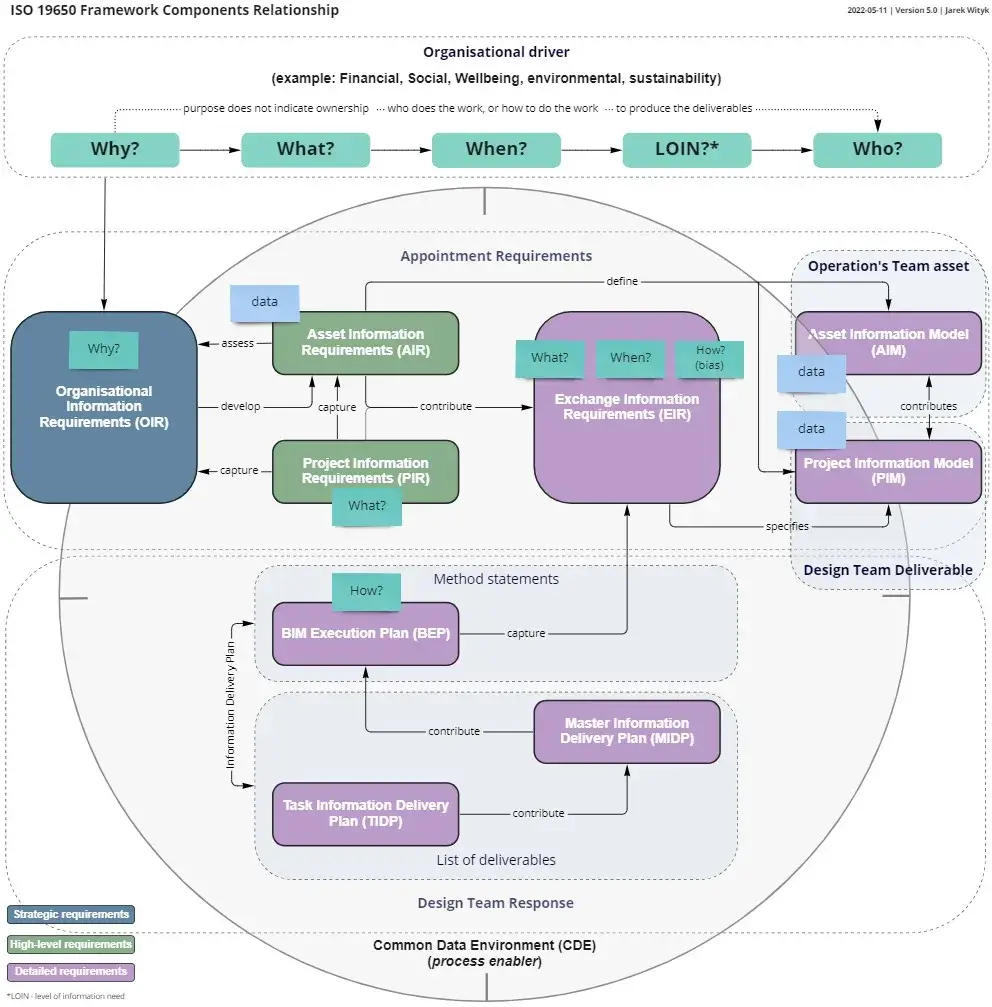Young Person
Revit Guides
Data Management
The term “Young Person” in the context of construction, Building Information Modeling (BIM), electrical engineering, or general engineering typically refers to a younger individual, often a recent graduate or entry-level professional, working within these fields. Here’s a brief overview:
- Role in the Industry: Young Persons often bring fresh perspectives, new ideas, and up-to-date educational knowledge to their roles. They can be instrumental in adopting and implementing new technologies and methodologies, such as BIM in construction.
- Challenges and Opportunities: Young persons may face challenges like adjusting to industry norms and gaining practical experience. However, they often have opportunities for rapid learning and growth and can benefit from mentorship and training programmes.
- Importance in Innovation: Young persons are crucial for these industries’ continued evolution and innovation. Their familiarity with recent technological advancements, including digital tools in BIM or the latest electrical engineering techniques, makes them valuable assets.
- Young Persons in BIM and Construction: In BIM and construction, Young Persons are often at the forefront of utilizing advanced software and tools for design, modelling, and project management, bridging the gap between traditional practices and modern, tech-driven approaches.
If you employ "Young Persons"
1. Encourage them to define and differentiate themselves.
Encourage young professionals to reflect on their core values, interests, and passions. Understanding these personal drivers can help align career choices with what truly matters to them, leading to greater fulfilment.
Highlight the importance of building meaningful connections within and beyond their chosen fields. Networking can create new opportunities, offer mentorship, and provide diverse perspectives.
3. Commit to Continuous Learning
Emphasise the need for ongoing skill development. Encourage participation in workshops, seminars, online courses, and other educational opportunities to stay current and adaptable in a rapidly changing job market.
4. Set Clear, Achievable Goals
Advise on the importance of setting specific, measurable, achievable, relevant, and time-bound (SMART) goals. This approach provides direction and motivation, making career progression more manageable.
5. Seek Mentorship
Encourage seeking guidance from experienced professionals. Mentors can provide valuable insights, support, and advice, helping to navigate challenges and make informed career decisions.
6. Develop Project Management Skills
Introduce basic project management techniques, such as breaking tasks into manageable steps, setting timelines, and identifying necessary resources. These skills are valuable across various roles and industries.
7. Embrace Adaptability
Highlight the importance of being flexible and open to change. The ability to adapt to new situations and challenges is a valuable trait in today’s dynamic work environment.
8. Build a Personal Brand
Encourage young professionals to establish a strong personal brand that reflects their values, skills, and professional aspirations. Such an effort can enhance their visibility and reputation in their chosen field.

BIM Stages
ELI5-S1:BIM Basics: E13_Understanding BIM Stages Understanding BIM Stages: Transitioning from

